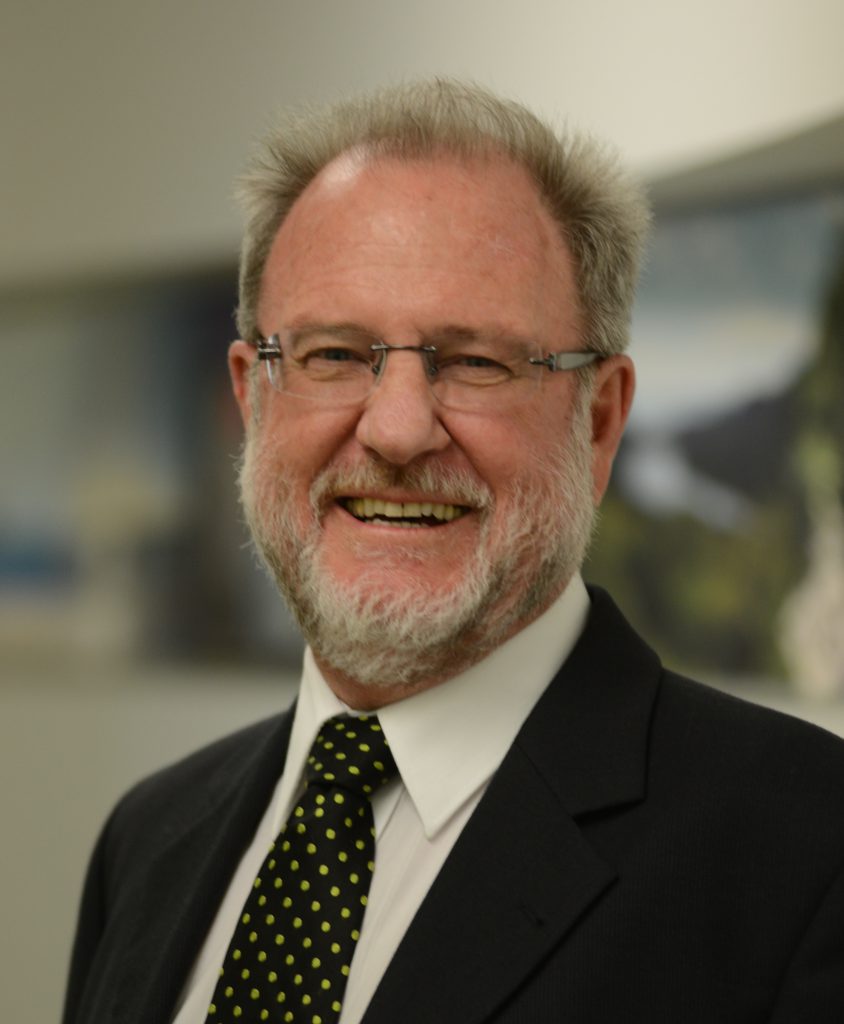
John set up his first accounting practice more than 40 years ago. His natural leadership skills, combined with a fierce dedication to his clients, have ensured his success whilst earning great respect.
We took the opportunity to sit down with John to reminisce about his career and the incredible changes he has witnessed over the years.
How did your career as an accountant begin?
I was working for the Ministry of Works in town, and that was a very good job. We started the practice in Henderson in March 1970 – the position was advertised with an accounting office in Avondale wanting to open up in Henderson as “the growth area” so I did that. In those days when we had an office in Avondale it was a toll call from Henderson to Avondale – that is an operator-assisted toll call. Not long afterwards it became automated but it was still a toll call. The West City mall wasn’t thought up or dreamed of, or even on the plan – that came years later. That’s when we started. In those days Catherine Street was just that: a street, not Catherine Mall, it was a street, the road went right through and then they plonked the Mall in the middle of it. From where our office is was a metal road. And so we saw lots of opportunity in the west, which proved to be correct. Our office had all these wooden shelves in it and we had foolscap box files on them. We probably had 100 of them, all folded up sitting on the shelves and 90 of them were empty! The first thing we did when we moved in was made it look busy and prosperous like we had lots of clients by having all these files and it was a big front! And we got lots of clients even on a walk-in basis back then, those days you used to get a lot of referrals of clients from the banks and lawyers in particular. I was associated with Corban Revell Lawyers when they started, I was further associated with what’s now Price Baker Berridge because we shared premises while we were in Henderson for some time. We’ve still got a lot of joint clients from both those legal firms which go way, way back to when they were actually established.
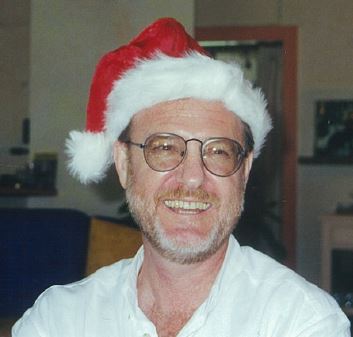
You must have seen a lot of changes in West Auckland over the years?
Hobsonville and Whenuapai were still operational airbases in those days. Westgate wasn’t there so the North Western motorway probably went to about Henderson; it didn’t even go as far as Lincoln Road. The Concourse didn’t exist – it was a farm. In those days most of Rosebank Road, particularly on the left-hand side going down, was hugely extensive market gardens. No fences – if you wanted a lettuce you could just get out of your car and go and grab one out of the paddock and drive off!
Didn’t have couriers – everything was mailed, but there were plenty of Post Offices in those days of course, there were Post Offices everywhere. In those days we had lots of service stations, they were all privately owned, and quite a number of “4 Squares”, corner grocery shops, superettes.
In Henderson you had the Bank of New Zealand and the National Bank. In Avondale you had the same. But there weren’t the other banks. I remember when the Westpac and the ASB started to go west, and they only got as far as Avondale.
What was the accounting industry like back then?
This was before the days of ACC in 1976; this was before the days of IRD numbers. We didn’t have IRD numbers – there was great consternation when we had to track down numbers and keep track of them! Remember there was no electronic database; everything you wanted to know about a client was on an A5 card. From memory I think we just got allocated IRD numbers, so if you were a tax payer in the system they just gave you a number. ACC was a dramatic change because prior to that you had private insurance and you could sue for personal injury, like you still can in America, and all that was taken away. Employers had a thing call Workers Compensation Insurance which was like ACC in the workplace.
Back in the days when we started the economy was extremely buoyant – everybody had a job. The level of social problems and welfare dependency you’ve got now just didn’t exist because everybody had a job and you all had to start work at 7 or 7:30 in the morning, they were all too tired to go out at night thieving because they were too busy working.
And one of the big differences in practices now of course, certainly of more recent years, is everybody’s in the instant world and they want responses instantly, which is interesting because the ordinary mail is probably 10 times slower than it was 30 years ago! But we never had computers, we had to type all the accounts and we used to have carbon paper which would get all over your best white shirt. We got electric typewriters, with a correcting tape in them as well so if you made a mistake you could lift it off and type over it again. They were very, very quick but you still had to type.
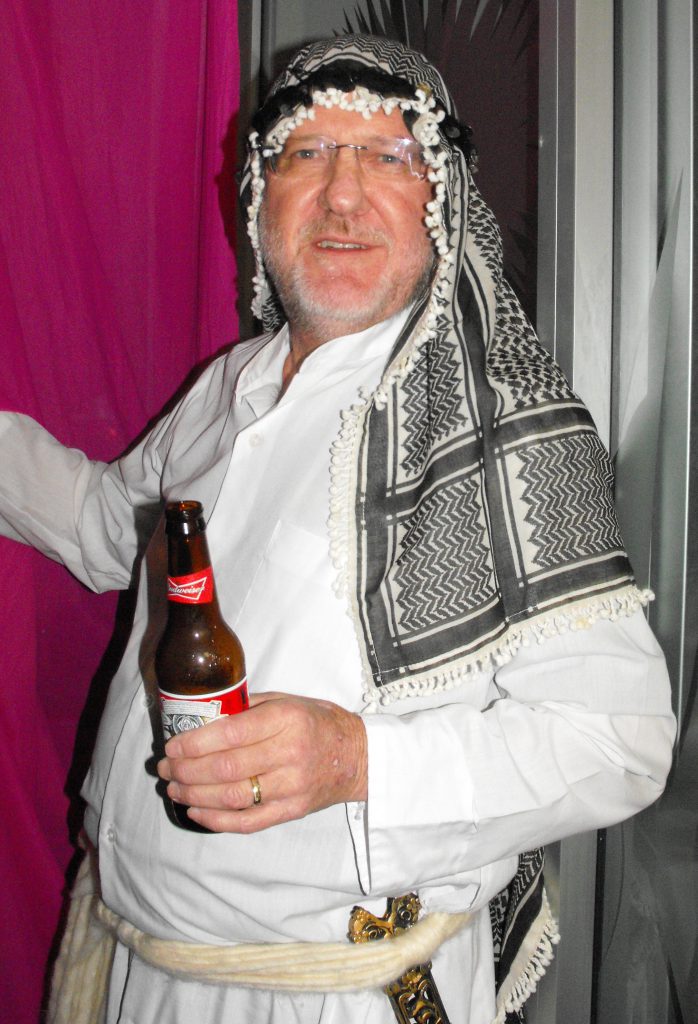
Getting around the town was a lot easier. I used to go to clients in town on a regular basis for sorting out PAYE – remember we didn’t have GST in those days. But at the height of it we had personal tax rates of 66%. You hit 66% at about $27,000 gross taxable income – there was a graduated scale for taxes that had as many as 15 steps at every few thousand dollars of income. The top rate was 60% and then in Mr Muldoon’s time he decided he’d put a 10% surcharge on it. That gave rise to all sorts of different challenges for tax avoidance. Everybody owned deer farms, goat farms, for example, and we’ve seen a lot of this happen again in recent times. The property market boomed. The share market crashed in 1987, things stopped, and it was a problem again in 1992.
When I left the Ministry of Works in town, they’d just been issued with calculators – the supplier of choice was Casio. The Ministry of Works was a huge organisation and where I was working we got one calculator sent out – at Christmas – so that the Supervisor could cross-check a bigger sample of holiday pay calculations and contractors’ calculations. But I wasn’t allowed to touch the calculator – I was only allowed to stand a metre away and look at it! We had lots of burroughs machines which were mechanical – they sat on your desk and made a heck of a noise. They had a tape in them, and even a red tape for negatives and credits. And all the stuff we do now like capturing data on a bank statement – we still used to do that, but in the early days we used to actually have to analyse it all on a spreadsheet. And by spreadsheet I mean a big pad by hand – a manual spreadsheet. In those days we used to have lots of pencils and rubbers because if you changed things you had to rub it all out.
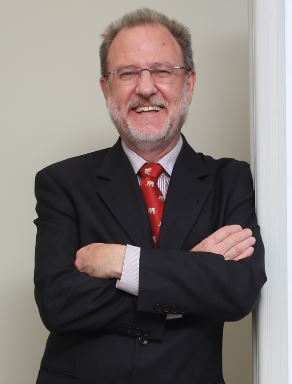
In many ways, the work hasn’t actually changed much – you’re still cleaning up after other people’s mistakes or bad decisions. One of the changes that has happened is that the whole world’s become more litigious and finger-pointing and wanting to know who’s at fault and goes out seeking compensation. It just seems to be the way of the world.
What will you miss?
You get very conditioned in going to work so I’m not sure about that. I’ll have to be desensitised and decommissioned about worrying about the clients and going to work – that whole routine.
I’ll probably miss all the people activity and working in a big group. I’ve spent many, many years working on my own and in modest and small numbers of staff. The merger with Butts, Bainbridge and Weir changed all that and it’s all positive and good. I’m not sure what I’ll miss – we’ll wait and see!
What won’t you miss?
The client pressure currently, the client demands are things I won’t miss. Nowadays everybody wants an answer today – instant action and instant replies and the answers generally aren’t quite as easy as they might think.
Can you tell me about a memorable client?
I’ve had a client contacting me just this week that made a huge amount of money in early years and rang me up to congratulate me on my retirement and formally thank me for all the assistance and all the things we did together. This guy retired when he was 40, he’d made a huge amount of money and that was in 1986. He and his business partner are both still clients as investors. He needed quite a bit of guidance and help at the time and he did very well. There are a couple of other examples where the client would never have borrowed the money without assistance and without encouragement and without actually understanding that the whole scheme would work and would be very profitable. There are a couple who have done extremely well for themselves over the years as a result of taking what they thought were exceptional risks at the time.
But there’s been a big number of what you’d call very loyal clients so it’s good to see that they’re still around.
When have you taken on the establishment?
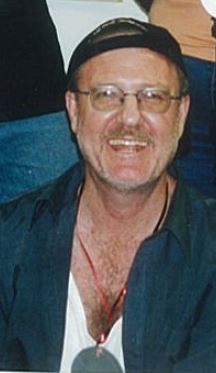
If you could give one piece of advice to an SME today, what would it be?
There’s probably a checklist of about seven pieces of advice! All the things you shouldn’t do – you know, every business is the same, every business has got to do its billing, its got to have a gross profit, and its got to get its money paid no matter what sort of business it is. One of the biggest issues is trying to do too much too quickly and take the world by storm so you’re top of the tree by this time next year. That generally won’t work in business. Business is more of a medium-term process to get established and last – if you go 100 miles an hour then in two years’ time you probably won’t be there. You need good advisers, good accountants, good tax advisers, good business advisers (generally people like us), and good lawyers. So you shouldn’t try to do it all on your own. A word of wisdom for somebody in business is to develop it at its own natural pace, and its natural pace will increase as more time goes by, but if you try to do it too quickly and do too many things now you’re going to have problems.
You’re staying on at UHY to help in a consultant role?
The plan now is that I’m going to be a consultant, partly on an ad-hoc basis because of special work and litigation support like shareholder scraps and matrimonial stuff. But the main role for me is to be a reviewer, primarily the reviewer for my client base which I‘m really familiar with. I’m going to be a hands-on technical person which has its own challenges but becomes a lot easier with experience and knowledge from the past. But it’s got a lot of new challenges as you have to keep up-to-date with everything. So that will have less interaction with the clients but probably more interaction with UHY staff.
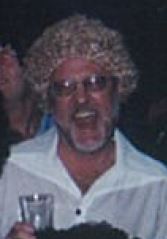
There are a million books on planning your retirement, well I actually haven’t read any of them yet! In life it’s partly the physical stuff and level of personal fitness but there’s also a level of mental aptitude and agility and it’s quite simple – if you don’t exercise, look what happens to you! If you don’t have the mental stimulation and do something that’s of the same equal calibre, what happens? It must all deteriorate surely!
I’ll probably spend a bit more time over on Waiheke, extended weekends depending on what’s going on. One of the problems we’ve always had is that you can’t have extended holidays in the Northern Hemisphere if you want a holiday because we’re so busy during the winter. That’s one of the things that will become more flexible for me probably. I do have some plans for overseas travels next year, and I won’t need to time it quite so critically around the clients’ needs.
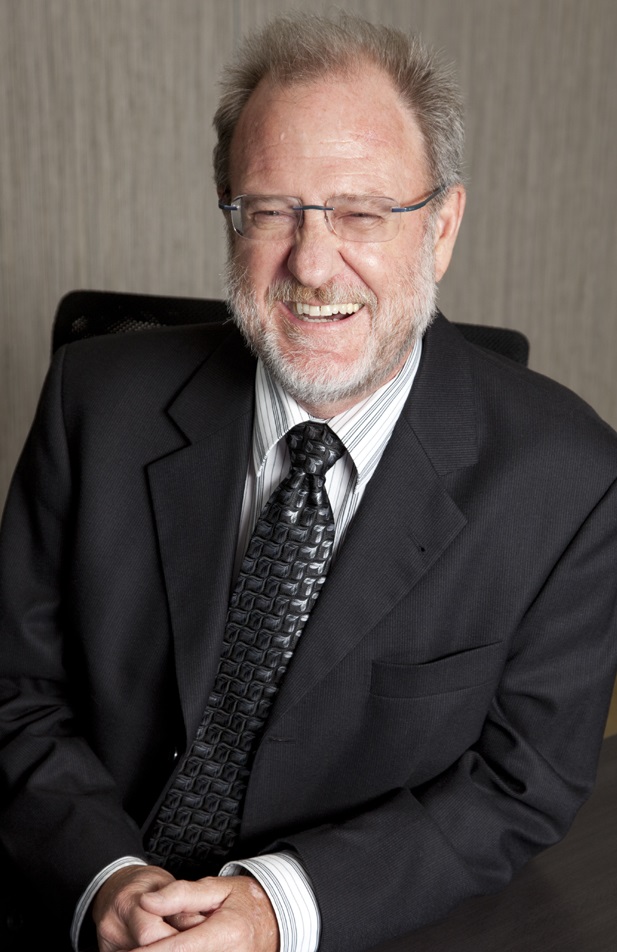
We wish John a wonderful start to his retirement and look forward to seeing his familiar face in his new role here.
